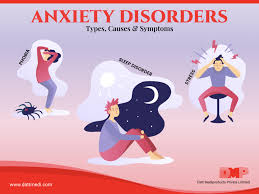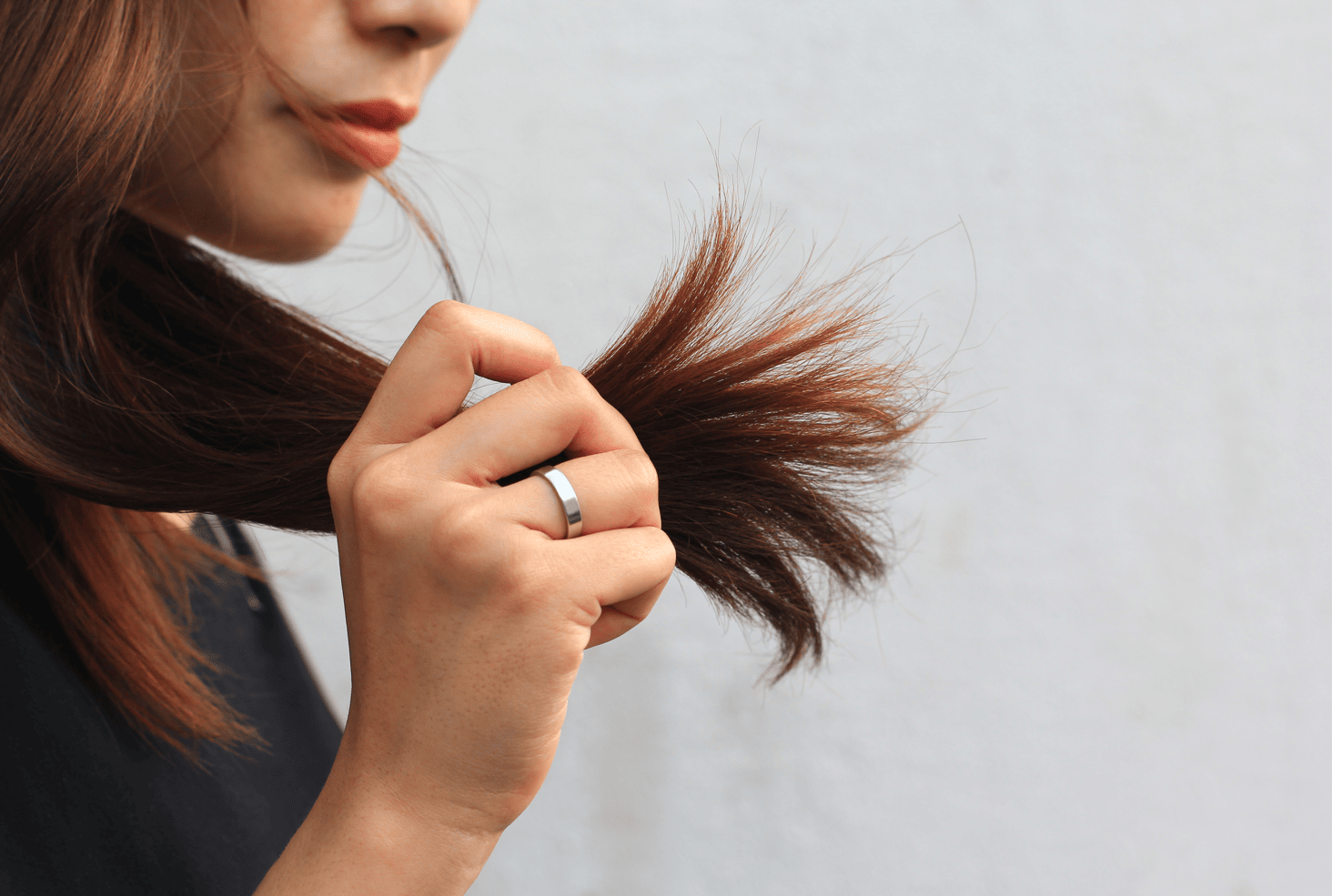Anxiety can affect people in many different ways. Self-care is a crucial part of managing anxiety. While therapy and medications are the primary treatments, it’s important to also take care of yourself. This article examines the concept self-care and anxiety. It provides insights into self-care, the importance routine, as well as practical strategies to build a supportive routine for self-care.
Part 1: Understanding Anxiety, Its Causes and Impact
1.1 Types Anxiety Disorders
Anxiety is a broad term that encompasses many conditions. These include Generalized Anxiety Disorder(GAD), Panic Disorders, Social Anxiety Disorders, and Specific Phobias. Understanding the differences between these conditions is crucial to understanding how individuals should be treated.
Anxiety: Its Impact
Anxiety can affect daily life, relationships and quality of living. The importance of managing anxiety is highlighted by the wide-ranging impact of anxiety.
Part 2: Self-care for Anxiety
2.1 Self-Care Defining
Self-care involves a conscious and deliberate practice of caring for one’s emotional, physical and mental health. Self-care involves relaxing activities, reducing stress and improving overall quality of living.
2.2 Routine is Important
Routines provide structure and predictability which is comforting to people with anxiety. Self-care can be a great way to manage symptoms.
Part 3: Practical Strategies to Build a Self-Care Routine
3.1 Self-Care of the Body
Self-care in the physical realm includes regular exercise, a healthy diet, enough sleep and hydration. These practices can be used to help people better manage their anxiety symptoms.
3.2 Self-Care of the Mind
Mental self-care includes activities such as mindfulness meditation, journaling and cognitive exercises. These practices can improve mental clarity and regulate emotions.
Relationship Self-Care: 3.3
Maintaining healthy relationships for anxiety management is essential. Relationships can be improved by activities like communicating effectively, setting boundaries and seeking social support.
3.4 Self-Care to Reduce Stress
Stress reduction techniques such as deep breathing, progressive muscle relaxation and time management can help people manage and reduce anxiety.
Part 4: Maintaining your self-care routine
Setting realistic goals
Setting realistic goals for self-care is important. Even small, incremental changes can have a significant impact on anxiety management.
Creating a daily schedule
By incorporating self-care into a daily routine, individuals can ensure that they prioritize their own well-being.
Part 5: Self Care Beyond Routine
Dealing with Setbacks
Anxiety can still manifest despite an established self-care regimen. The article discusses strategies for dealing with setbacks.
Seeking Professional Help
Self-care to manage anxiety is part of a comprehensive management plan, which may include medication and therapy. It is important to know when you should seek professional help.
Part 6: Self-care for long-term anxiety management
Consistency and adaptation
Consistency in self-care is essential to maintain the benefits. Self-care is essential for managing anxiety over the long term.
Tracking Progress
By regularly monitoring and assessing how self-care affects anxiety symptoms, individuals can stay motivated and adjust their behavior as necessary.
Part 7: Holistic Self-Care: Anxiety Treatment
Holistic Wellness
Holistic self care encompasses physical, emotional and mental aspects of wellbeing. All these aspects are interconnected, and they should all be addressed to manage anxiety.
7.2 Creative Outlets & Hobbies
Creative outlets and hobbies promote emotional well-being, and can reduce anxiety.
Part 8: Self Care in Challenging Time
8.1 Self-Care during Stressful Periods
In times of stress, people may need to increase their efforts at self-care and depend on their daily routines for stability.
8.2 Self Compassion and Self Care
The conclusion of the article is:
Self-care plays a fundamental role in anxiety management. It contributes to relaxation, stress relief, and well-being. Self-care is a fundamental aspect of anxiety management. It helps individuals manage their anxiety better by understanding the concept, the importance and the practical strategies to build a supportive routine. Self-care and the holistic nature well-being can help individuals regain control of their anxiety.





